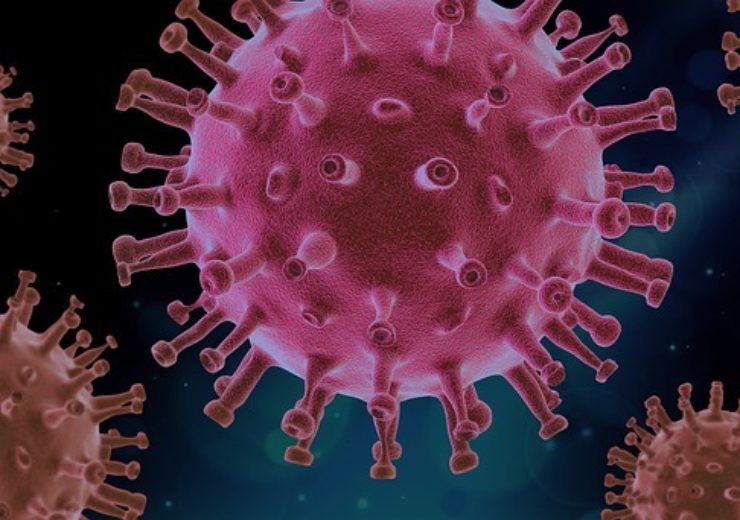The feasibility study, which is the device equivalent of a phase 1 trial, will enrol up to 40 subjects at up to 20 centres in the US

Aethlon has announced FDA approval of IDE supplement for Covid-19 patients. (Credit: PIRO4D from Pixabay)
Aethlon Medical, a therapeutic medical device and technology company focused on unmet needs in viral diseases, oncology and inflammation, announced that the U.S. Food and Drug Administration (FDA) has approved a supplement to the Company’s existing Investigational Device Exemption (IDE) for the Company’s Hemopurifier in viral disease to allow for the testing of the Hemopurifier in patients with SARS-CoV-2/COVID-19 in a new feasibility study.
The feasibility study, which is the device equivalent of a phase 1 trial, will enroll up to 40 subjects at up to 20 centers in the U.S. Subjects will have established laboratory diagnosis of COVID-19, be admitted to an intensive care unit (ICU) and will have acute lung injury and/or severe or life threatening disease among other criteria.
The Hemopurifier has previously been tested in patients with hepatitis C virus (HCV) infection and in one patient with Ebola virus infection. A laboratory version of the Hemopurifier has also been shown to clear multiple other viruses in vitro including a model version of the Middle Eastern Respiratory Syndrome (MERS) virus which is a coronavirus from the same family as the SARS-CoV-2 virus that causes COVID-19.
Timothy C. Rodell, M.D., Chief Executive Officer of Aethlon, stated, “We believe that the Hemopurifier may have the potential to help severely affected patients with COVID-19. We believe that clearing circulating virus in these patients, in combination with other supportive measures, could improve outcomes in this deadly disease.”
The Hemopurifier is an FDA designated “Breakthrough Device” for the treatment of life-threatening viruses that are not addressed with approved therapies. The Hemopurifier also holds a Breakthrough Device designation for the treatment of individuals with advanced or metastatic cancer who are either unresponsive to or intolerant of standard of care therapy, and with cancer types in which exosomes have been shown to participate in the development or severity of the disease.
Source: Company Press Release
